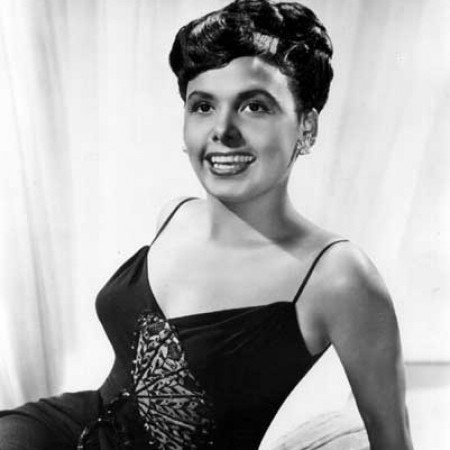
Lena Horne
(Photo: DownBeat Archives)After Lena had said goodbye to Daddy, while we proceeded downtown with her personal manager, Ralph Harris, the conversation took a more general turn. “Is the album with Duke and Ella out yet? That ought to be too much—what a marriage!” And, after we had all cast critical eyes on an Edsel that had passed, “We still have the same Jaguar we bought in Coventry, England, in 1950, and we’re still happy with it.” And, “When is Basie opening at Birdland—Thursday? Well, you know we’re going to be there!”
As the traffic slowed us almost to a standstill downtown, Lena’s fierce, darting eyes found stimulation in every passing stranger, every unexpected sight. … “Look at the guy standing on the corner there. You know he’s got to be Italian—the high shirt and those shoes. And you know, he’s very pretty!” A little later, as a bent, elderly man shuffled by, pushing a heavy hair dryer along the street, her face was suddenly downcast. “Look at that poor old man—isn’t that sad?” And when two orthodox Hebraic types with the traditional black hats and ear locks walked by: “Did you see those men? … Ooh, I just love New York!”
Just before we reached her destination, I asked Lena whether she felt her style had changed perceptibly. “Well, people are always saying, ‘Oh, you’ve changed your style,’ but I’d get bored to death if I thought I was a lot like I used to be five years ago. I still want to make sure that what I’m doing is what I want.”
“Now that you’ve settled down in Jamaica and have enough confidence in yourself as an actress,” I said, “do you think you might ever take a strictly dramatic part that didn’t call for any singing at all?”
“Not soon, I think. After all, people still know me essentially as a singer. But you know how I am—I didn’t think I was even capable of doing this job, and I always have to have Lennie hit me over the head about 12 times and say, ‘You can do it—go ahead and do it!’”
Lena got out of the cab, turned the uniquely vivacious freckled face and said goodbye. As her slender figure disappeared into the jewelry shop, she recalled a line from her autobiography. “I feel that my glamour days are rapidly disappearing,” she had said. The book was published in 1950. Today Lena has a graceful and beautiful grown-up daughter; a handsome son; a man in her life at once husband and “Daddy” and gentlest of teachers; and a place she can call home for her family in her native town.
If her glamour days are disappearing, there must be something disturbingly wrong with the vision of the audiences who pack the Imperial theater every night, for whatever the formula—perhaps a blend of maturity, security and the natural beauty that was hers all along—Lena Horne at 40 is the most glamorous sight in the city she has chosen to call home. DB